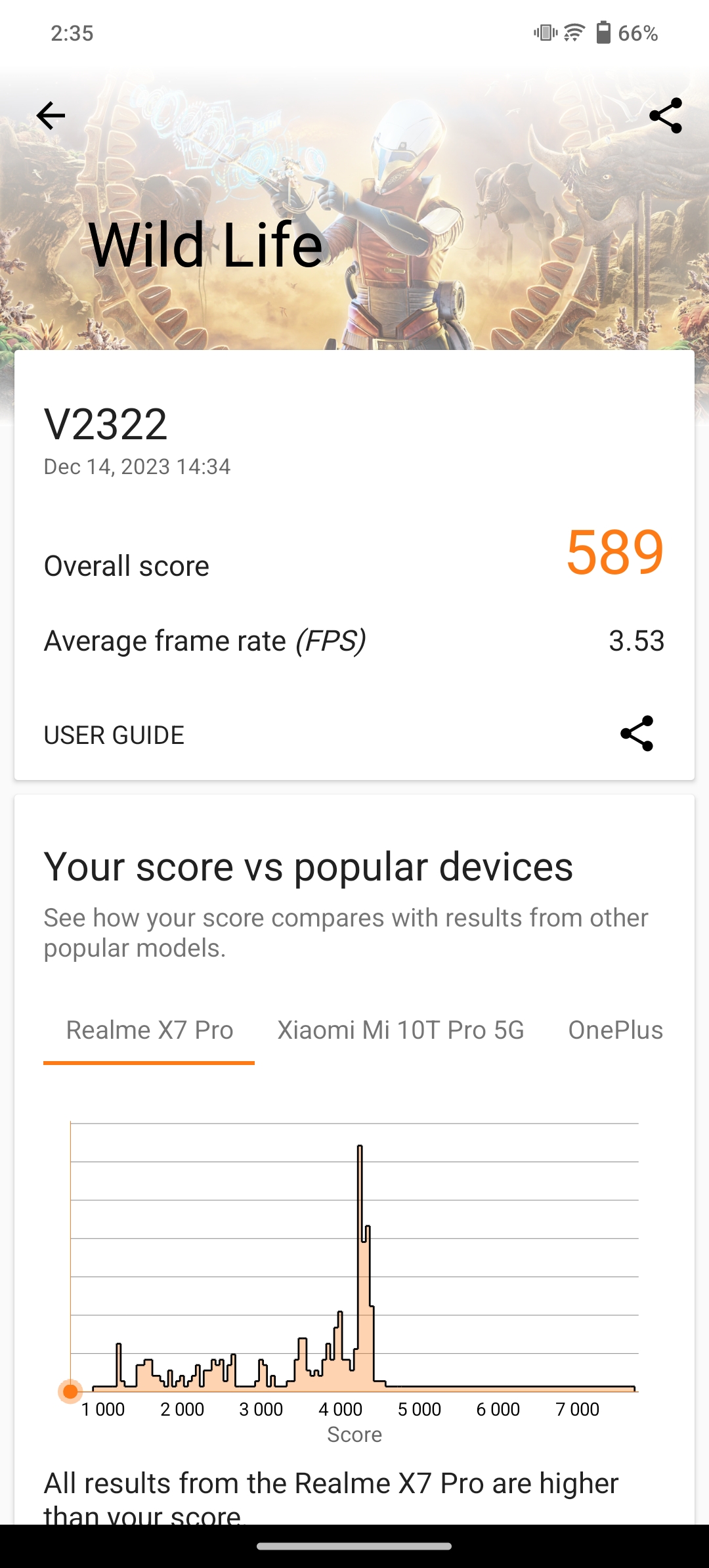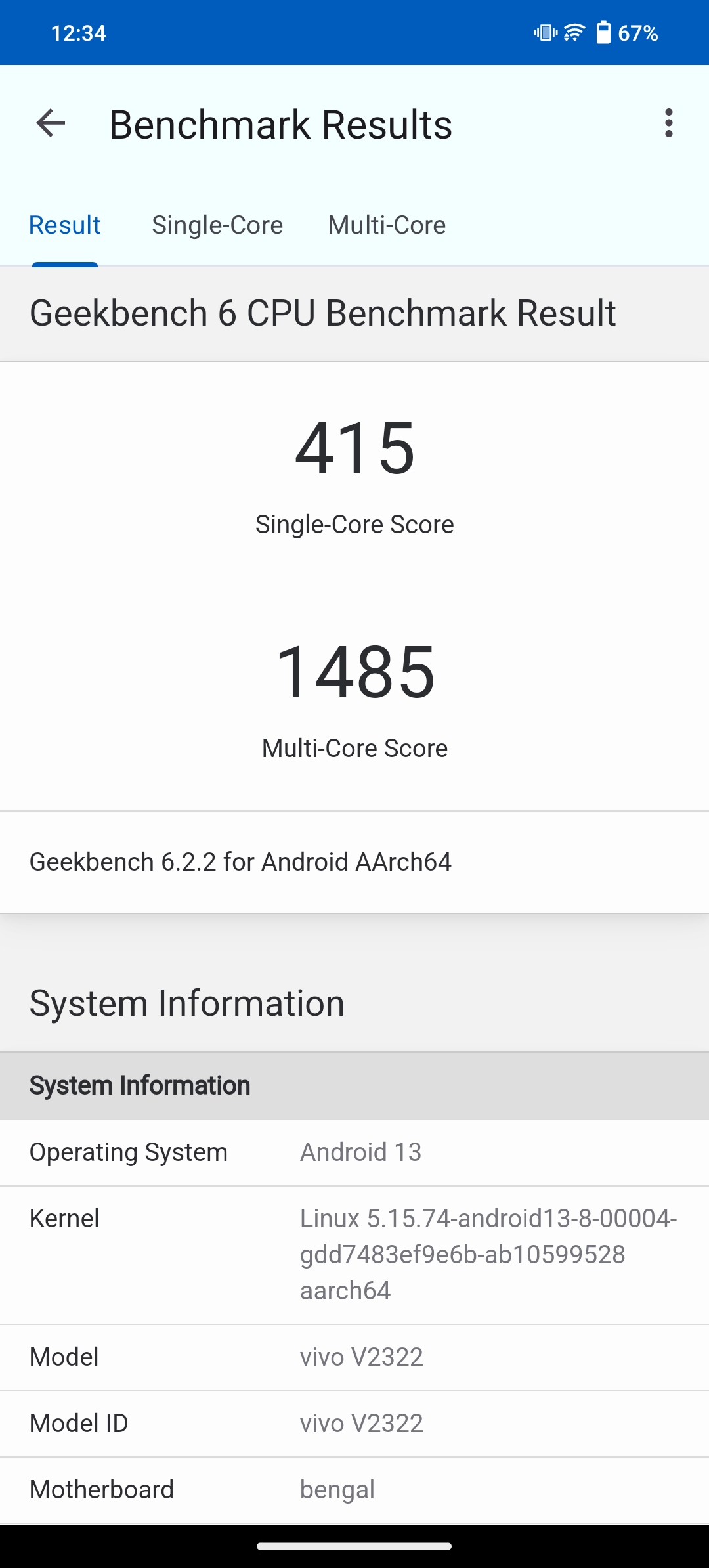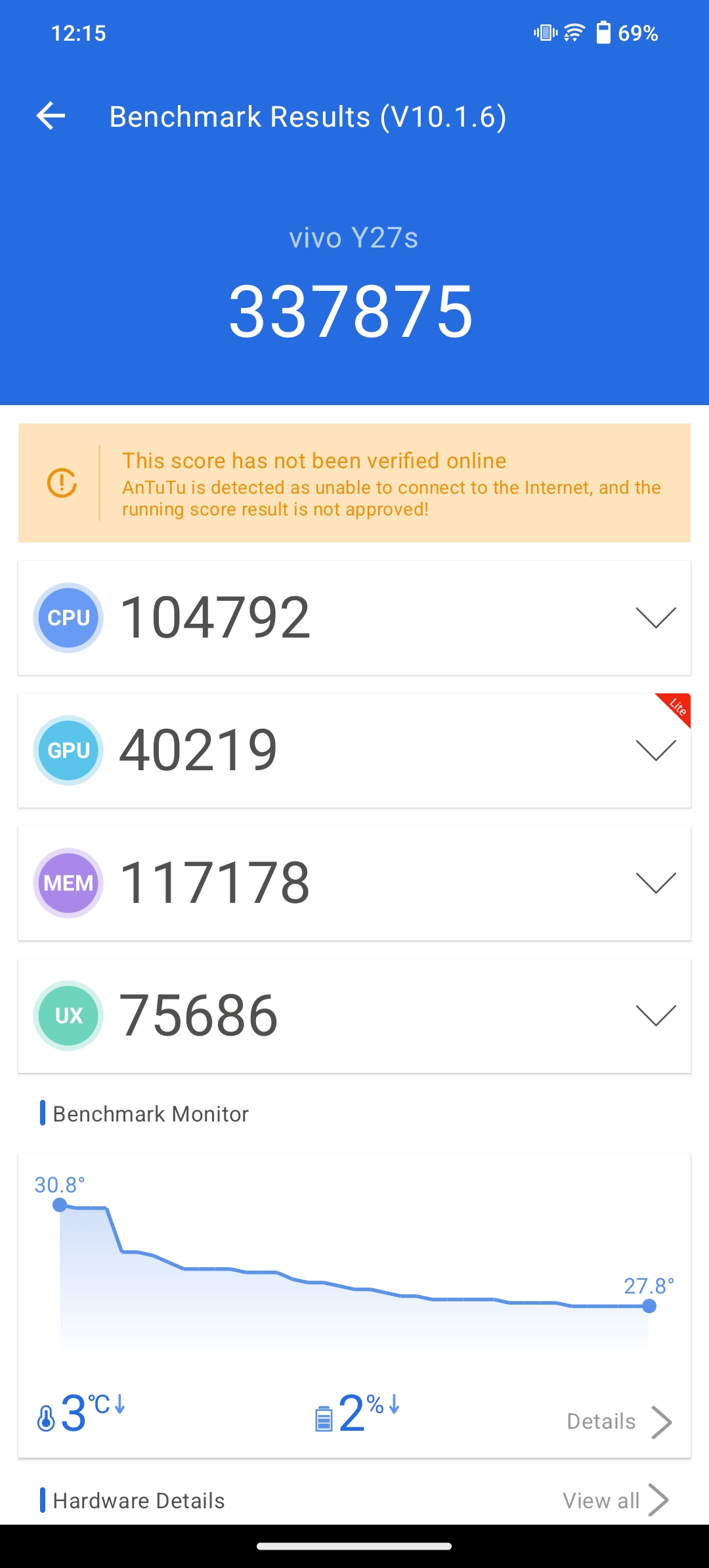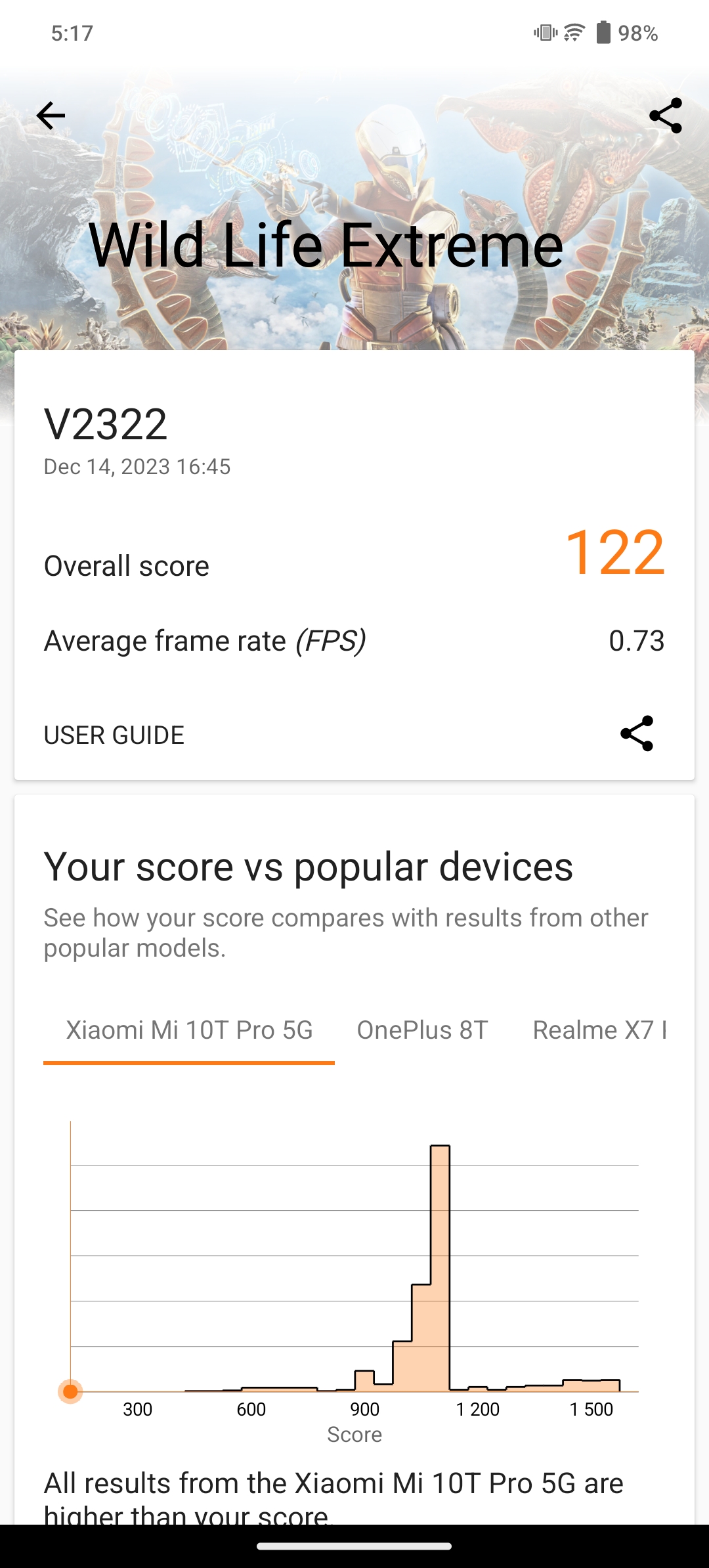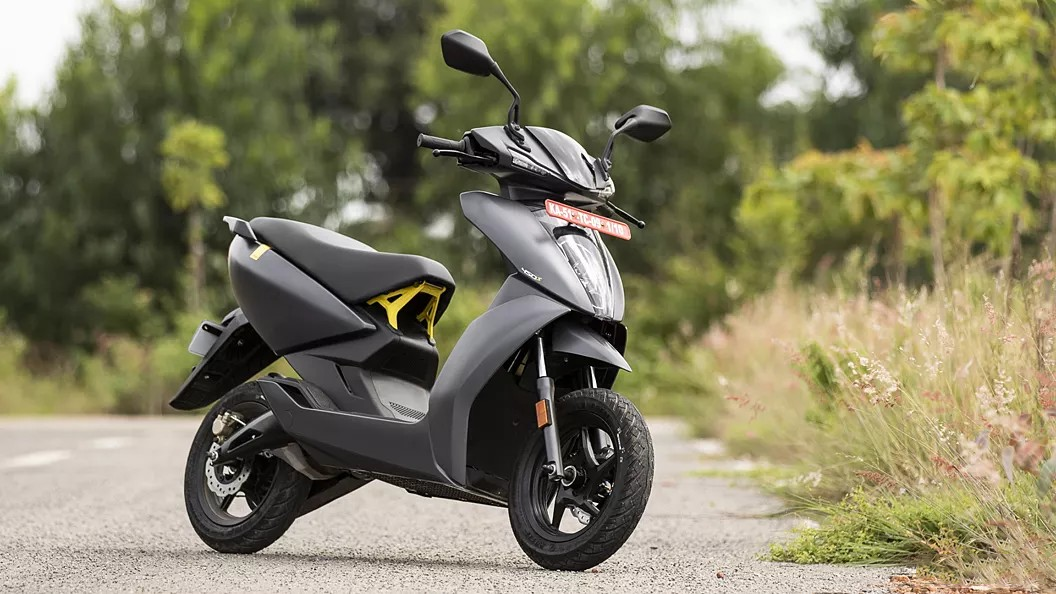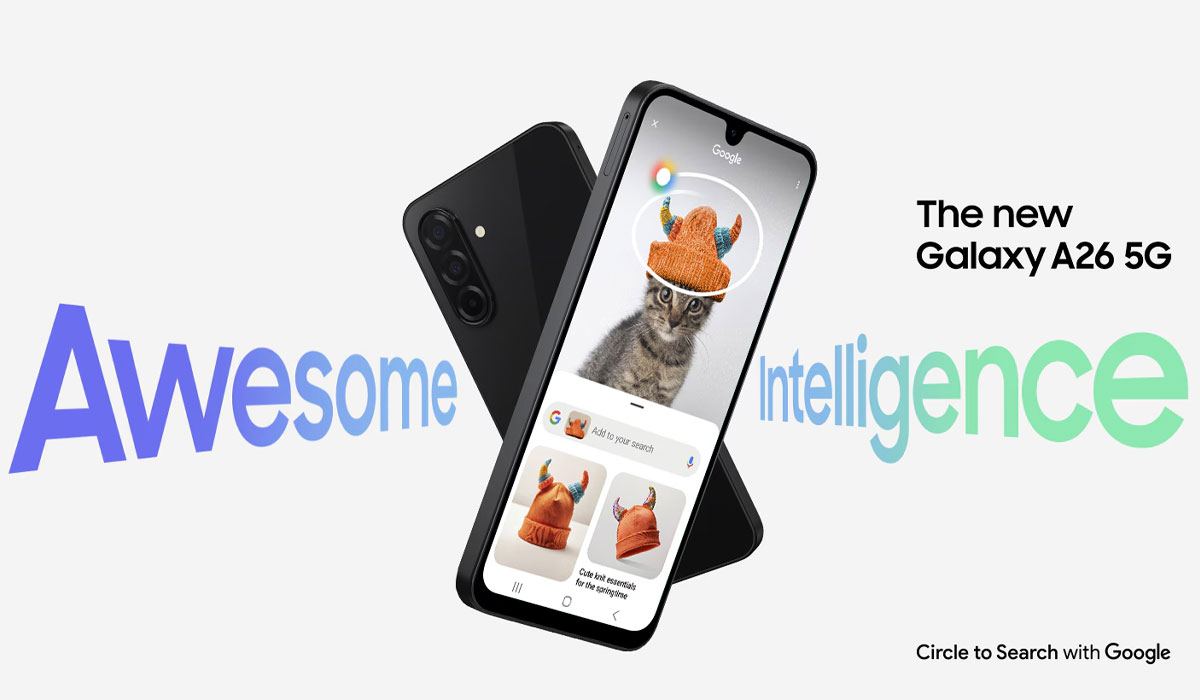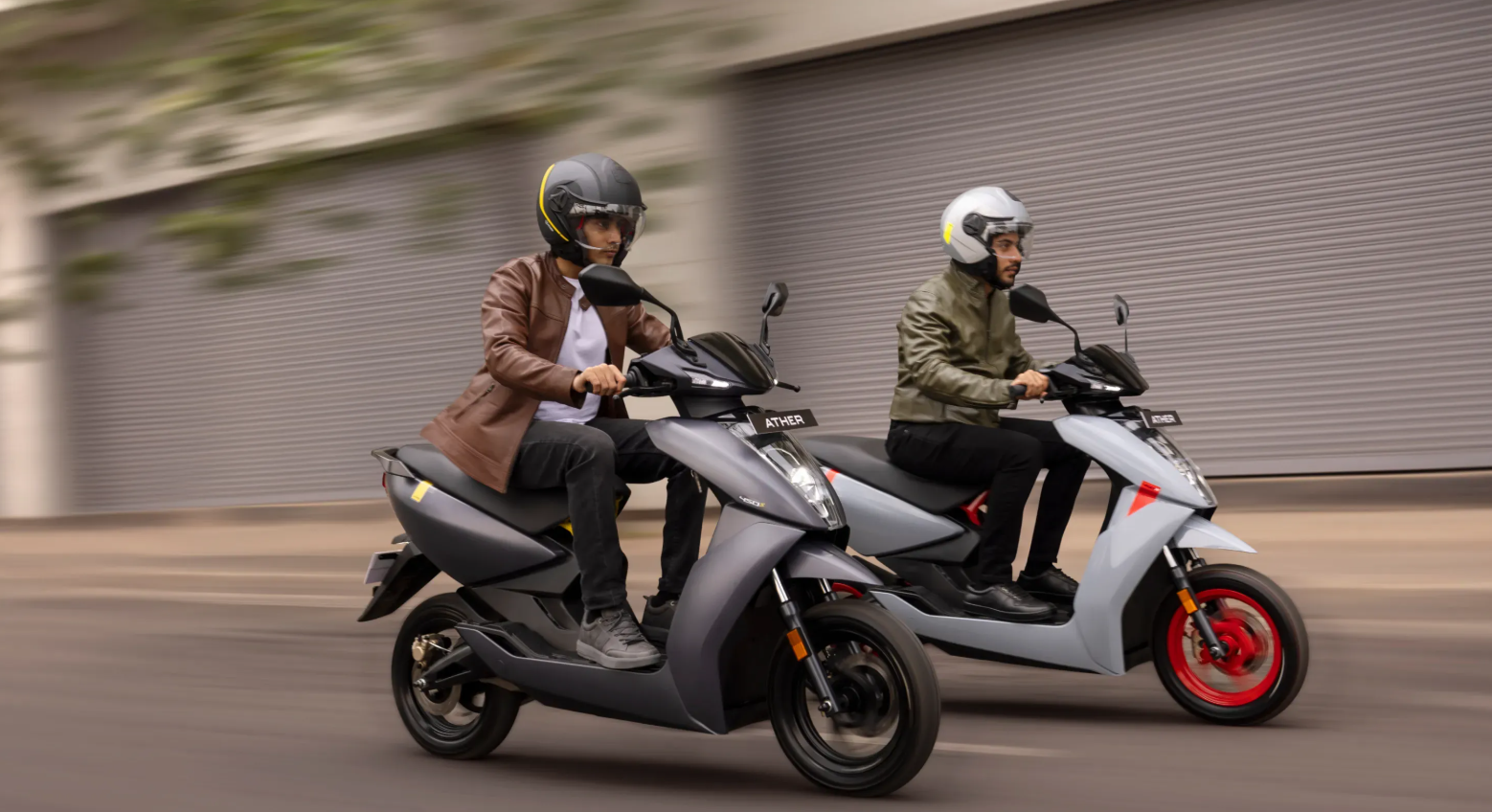TechLekh Verdict
For the overall value, it’s hard for the vivo Y27s to justify the price tag of 25 thousand rupees. Its direct competitor is the Redmi Note 12 4G, and it seems that the Redmi Note 12 provides better value than the vivo Y27s in every aspect.
Sure, the vivo Y27s has a decent LCD display, but put it next to the Redmi Note 12’s AMOLED, and it’s like night and day. In terms of cameras as well, the vivo Y27s lacks an ultrawide camera, a feature that the Redmi device provides.
When it comes to the main camera, however, both have their own strengths and weaknesses, so there isn’t a clear winner. The portrait shots, on the other hand, are better on the vivo Y27s, albeit not by much.
Regarding performance, both chipsets offer similar performance. However, in practical usage, because vivo’s software doesn’t feel as responsive, the Redmi Note 12 feels smoother in day-to-day use.
If only vivo Y27s had come with a more capable chipset and a better display, it would have been easier to recommend.
Pros
- Gorgeous design
- Decent main and front cameras
- 44W fast charging support
- Above average speaker
- Good battery life
Cons
- No ultrawide camera
- LCD display
- Subpar battery
- UI feels a bit slow
vivo launched the vivo Y27s in Nepal in December 2023. It is a budget smartphone that is similar to the vivo Y27 launched in August. Priced at Rs. 24,999, the Y27s comes with 8GB RAM and 256GB storage.
The Y27s swapped the Helio G85 of the Y27 with the Snapdragon 680. And the refresh rate of the display is upgraded to 90Hz. But is the vivo Y27s truly worth your investment? And how does this phone compare against the similarly priced Redmi Note 12 4G? Let’s find out in my vivo Y27s review.
vivo Y27s Specifications
- Body: 164.06 x 76.17 x 8.17 mm, 192 g, IP54 rating
- SIM: Dual SIM (Nano-SIM, dual stand-by)
- Display: 6.64 inches IPS LCD, 2388 x 1080, 90Hz, 650 nits (peak)
- Chipset: Qualcomm Snapdragon 680 4G (6 nm)
- CPU: Octa-core (4×2.4 GHz Kryo 265 Gold & 4×1.9 GHz Kryo 265 Silver)
- GPU: Adreno 610
- Memory: 256GB 8GB RAM, microSD card support
- OS: Android 13, Funtouch 13
- Rear Camera: 50 MP, f/1.8, (wide), PDAF
- 2 MP, f/2.4, (depth)
- Video: 1080p@30fps
- Front Camera: 8 MP, f/2.0, (wide)
- Video: 1080p@30fps
- Battery: Non-removable Li-Po 5000mAh battery, 44W wired charging
- USB: USB Type-C 2.0, OTG
- Sensors: Fingerprint (side-mounted), accelerometer, proximity, compass, gyro
- 3.5mm Headphone Jack: Yes
- Colors: Burgundy Black, Garden Green
vivo Y27s Price in Nepal: Rs. 24,999 (8/256GB)
ALSO READ: vivo Mobile Price in Nepal (April 2025 Updated)
vivo Y27s Review
Gorgeous Design
- 164.06 x 76.17 x 8.17 mm
- 192 g
- IP54 rating
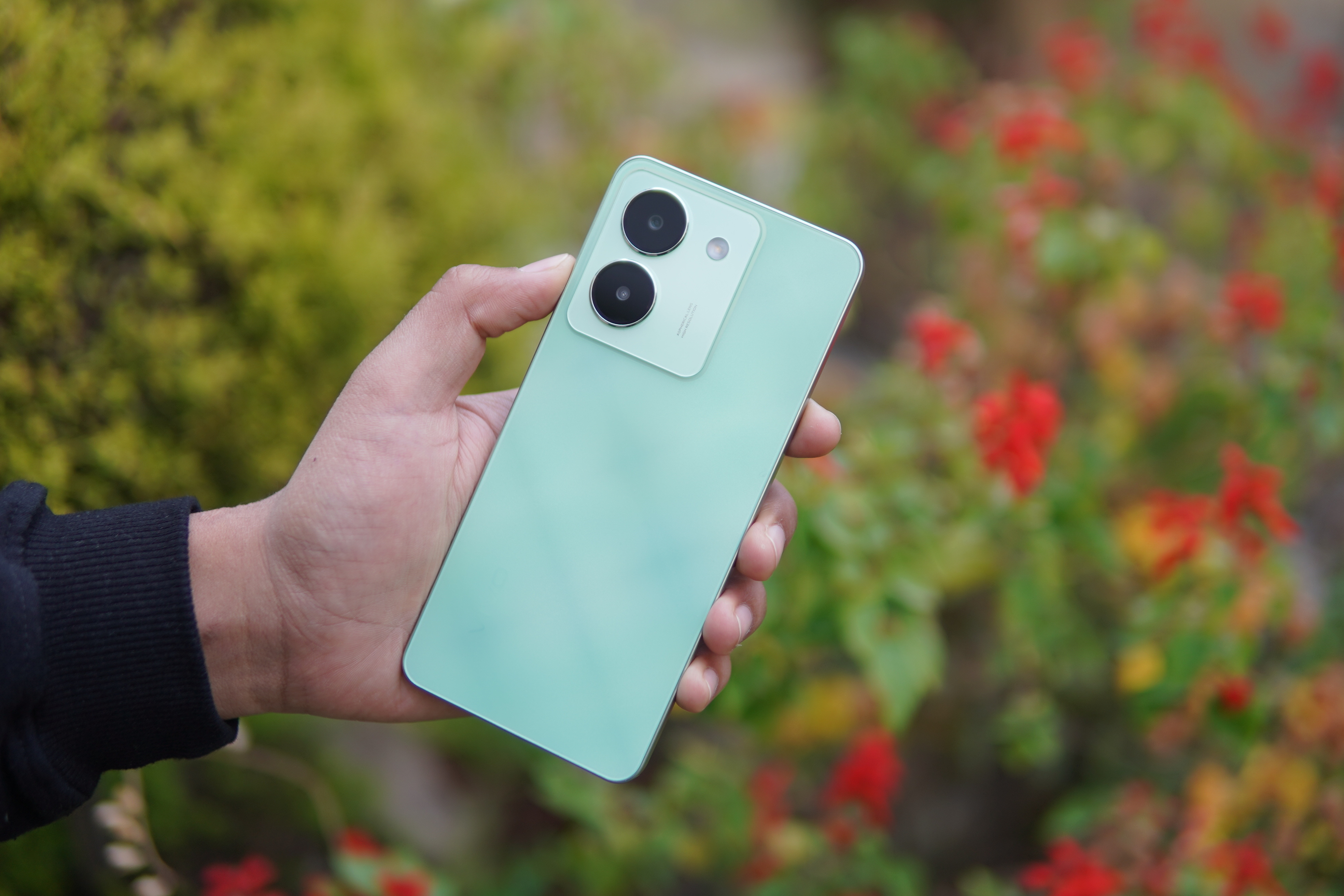
I’m using the garden green color variant of the Y27s, and the phone’s design is gorgeous. The back has got shimmering, sparkling texture that reveals patterns when light hits it. Plus, no fingerprint smudges.
Now, the rear cameras sit on this transparent island. They’re pretty huge, but that’s becoming a trend in a lot of phones these days. Overall, the back design is a solid look.
But the front is a bit different. It looks like your typical budget phone with those larger bezels and that older dewdrop notch.
The good news, though: this device packs an IP54 rating. So, you’ve got some decent protection against dust and water.
In terms of buttons, the power and volume buttons are on the right side. The fingerprint sensor is also embedded in the power button, which works fine.
On the bottom, you’ve got the speaker, USB-C port, mic, and a 3.5mm headphone jack. Flip it over to the top, and there’s a slot waiting to hold two SIM cards along with a microSD card.
Oh, and speaking of the speaker? It’s a mono one. Sure, a dual setup would’ve been cooler, but considering the price, I’ve got to say the speaker is better than I expected. It’s loud, and the sound quality is above average.
ALSO READ: Best Mobile Under 25000 in Nepal (April 2025 Updated)
Display
- 6.64-inch IPS LCD
- FHD+ (1080 x 2388 pixels)
- 90Hz refresh rate
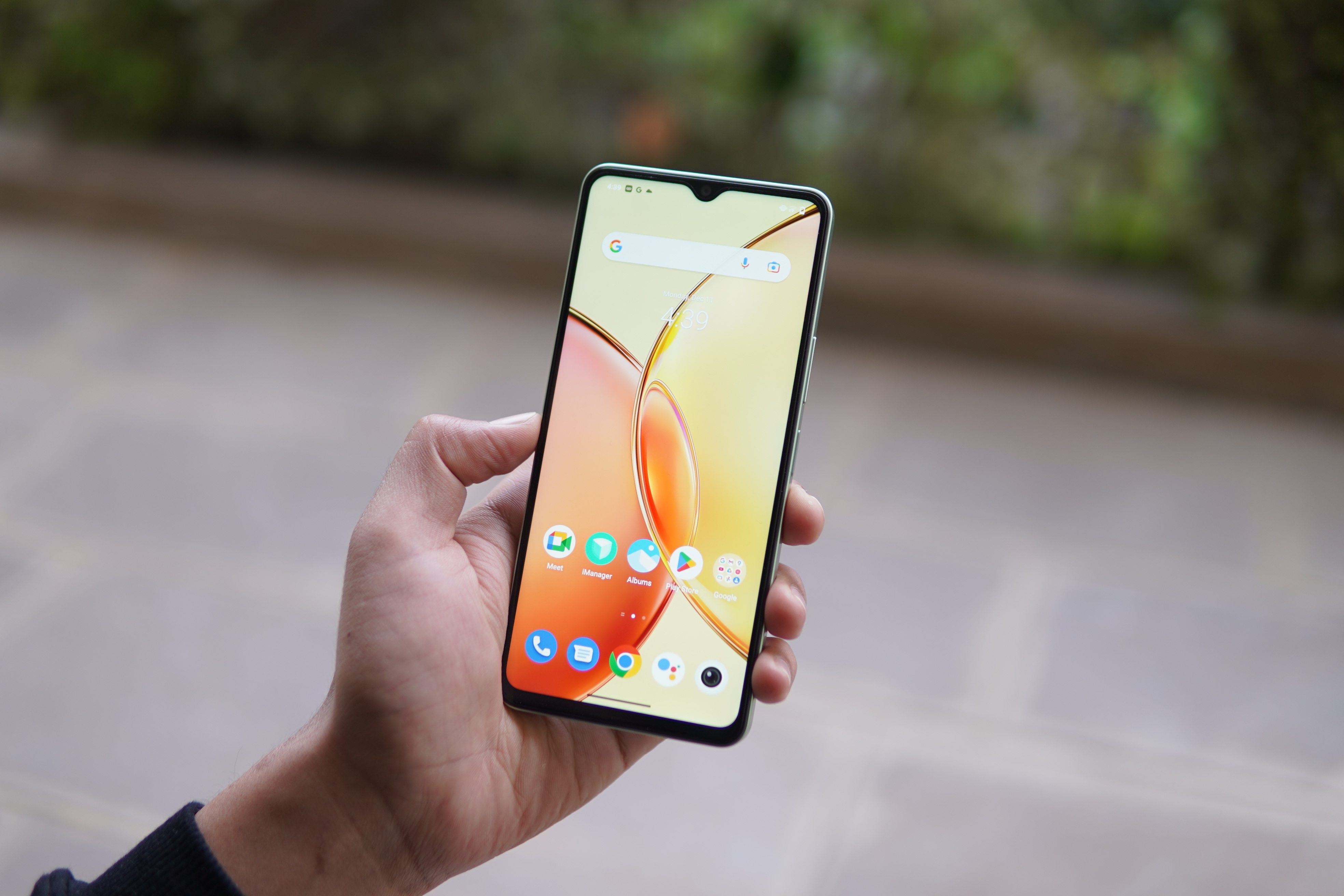
The display on the vivo Y27s is an IPS LCD. Now, checking out the competition, Xiaomi’s been stepping up with AMOLED displays on their budget lineup like the Redmi Note 12 and Redmi Note 11.
Compared to those vibrant AMOLED screens, the colors and contrast on the Y27s’ LCD aren’t exactly top-tier.
That said, for an LCD, it’s not that bad either. The color reproduction is alright, making it decent for binge-watching movies and such. And the brightness is enough for everyday use.
The display rocks a 90Hz refresh rate. Now, it’s not hitting that 120Hz mark, but, it’s an upgrade from the usual 60Hz. Still, I don’t find it to be as smooth as I like. It’s not like there’s a glitch or anything, but it is missing the super-smooth experience you get from high refresh rate displays.
Adding to that, the display’s response time too feels sluggish. That contributes to the overall feel of the phone being a tad slow. And while it’s not solely the display’s fault, it might be related to the performance and software of the device as well.
Performance
- Qualcomm Snapdragon 680 4G (6 nm)
- Octa-core (4×2.4 GHz Kryo 265 Gold & 4×1.9 GHz Kryo 265 Silver)
- Adreno 610
- 256GB 8GB RAM, supports microSD card
We get the Snapdragon 680 chipset on the vivo Y27s paired with 8GB RAM and 256GB storage. The memory vivo is offering here should be more than enough for a normal user.
Speaking of the chipset, we’ve seen this particular processor popping up in numerous budget phones since 2022. It is a budget processor featuring four performance Kryo 265 Gold (Arm Cortex-A73) cores running at up to 2.4GHz and four efficient Kryo 265 Silver (Arm Cortex-A53) cores running at up to 1.8GHz. And an Adreno 610 GPU.
The chipset is known for its decent CPU performance but lacks GPU capabilities.
Using the phone for everyday tasks like using social media platforms like Facebook and YouTube, video calling, messaging, and general browsing are handled by the phone just fine.
But, as I mentioned earlier, there’s this lag or delay when I’m interacting with it. The responsiveness isn’t up to the mark I’d prefer.
I can’t help but wonder if it’s solely the processor’s fault. After all, other phones rocking the same processor, like the Redmi Note 11, or the Snapdragon 685-powered Redmi Note 12 — which is similar in performance as the SD 680 — feel way smoother in comparison. So, it might just boil down to optimization issues.
Gaming Test
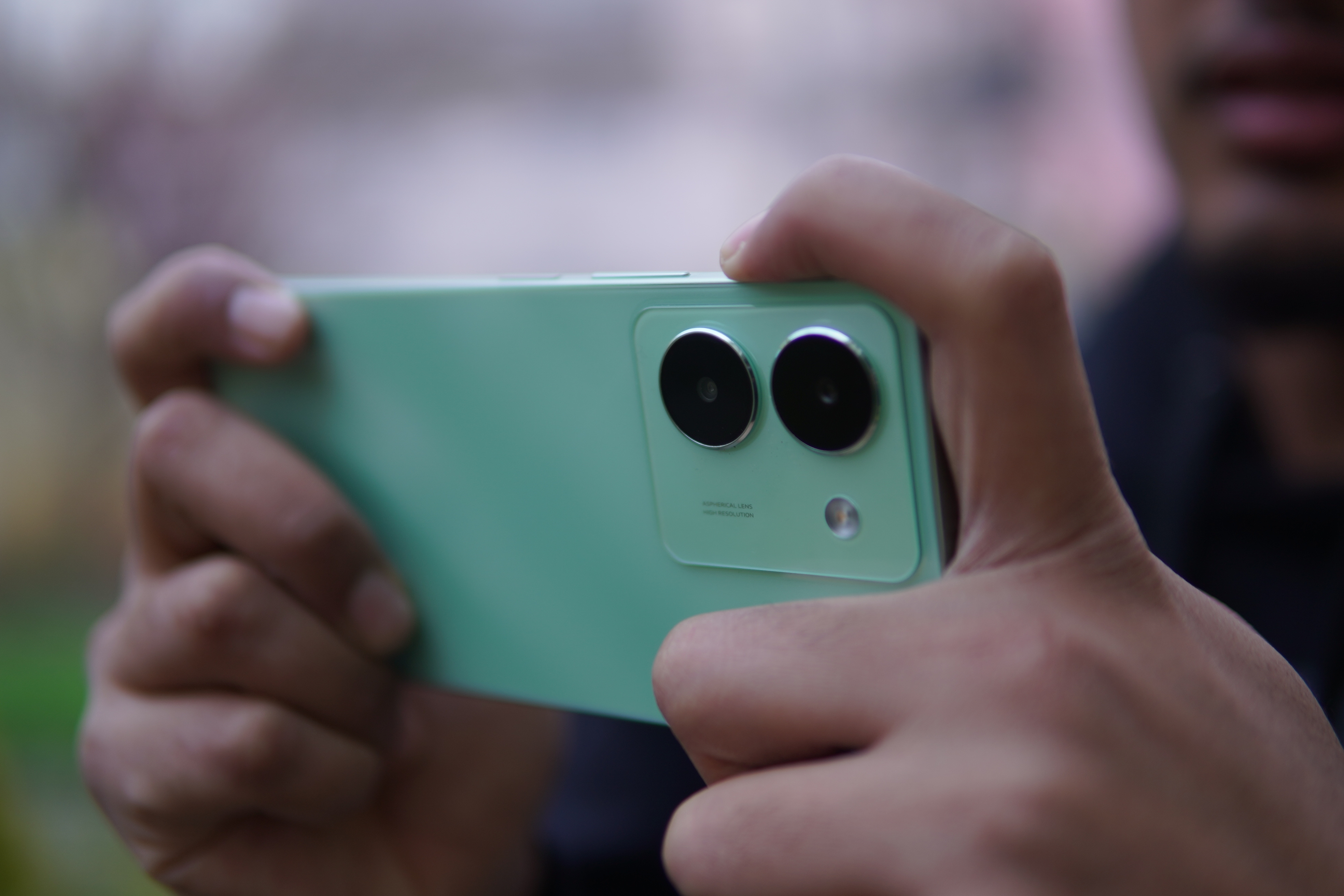
Given that the processor isn’t particularly powerful to begin with, it’s no surprise that the gaming performance of the vivo Y27s isn’t especially impressive.
Sure, you can play casual and lightweight games on it without any problems. However, when you try more demanding, fast-paced games, the device might have some difficulties.
For instance, on PUBG Mobile, the highest setting you can achieve is the “high” frame rate with graphics set to “smooth,” offering an average of 30fps.
Thankfully, the phone also supports a gyroscope. While the gameplay might not be buttery smooth, it remains playable and enjoyable for most unless you’re deeply immersed in competitive gaming.
In the case of Genshin Impact, the phone managed an average fps of 34fps, with settings at “low” (default) targeting 60fps.
To sum it up, while the phone performs well for casual gaming, if you’re truly dedicated to gaming and are seeking a device within this price bracket, this may not be it. The Tecno Pova 5 might be a better fit.
Benchmark
Camera
- Rear Camera: 50 MP, f/1.8, (wide), PDAF
- 2 MP, f/2.4, (depth)
- Video: 1080@30fps
- Front Camera: 8 MP, f/2.0
- Video: 1080@30fps
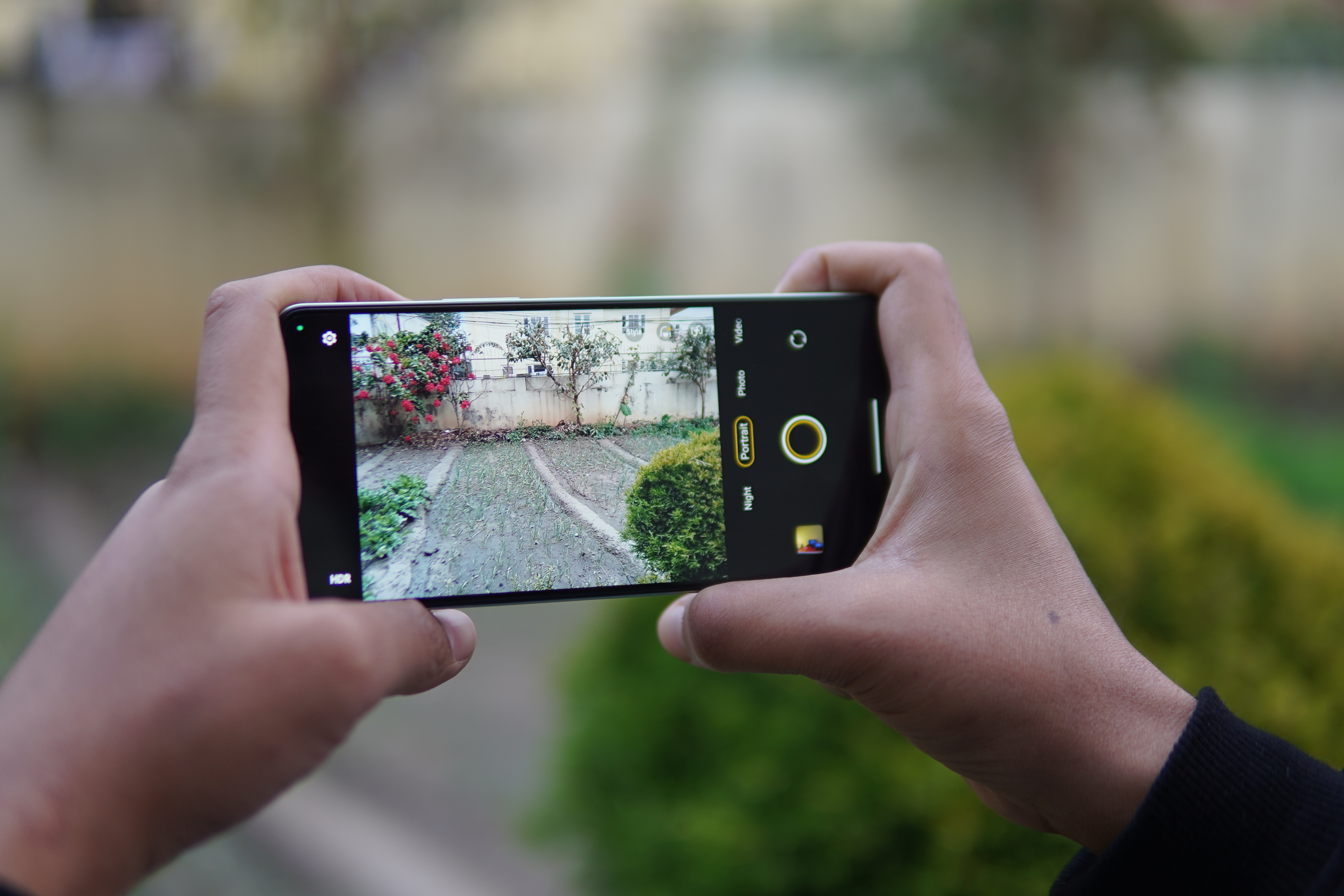
The vivo Y27s has a 50MP main camera and a 2MP depth sensor. Unfortunately, there is no ultrawide camera.
Main Camera
The detail in the photos taken with the main camera is decent. When you compare photos from the Redmi Note 12 side by side with those from the Y27s, the Redmi’s images have more vibrant colors, while the Y27s’ images lack that vibrancy. This makes vivo photos appear washed out, but that’s not necessarily a bad thing, considering that Redmi tends to add more colors to its photos, while vivo may opt for more neutral tones. It ultimately boils down to individual preference.
However, the Y27s isn’t consistent in its camera performance. At times, its photos are well-saturated and look great, but at other times, they don’t.
I’ve observed that the phone often struggles with handling the color red, resulting in a noticeable color shift. The images also generally tend to have a warmer tone.
All in all, the photos look fine for the most part, not just in daylight but also in low-light conditions. However, there’s no clear winner between the vivo Y27s and the Redmi Note 12 4G.
When capturing faces, they can sometimes appear pale. It’s no surprise that the camera softens facial features. In this regard, the vivo Y27s does a better job than the Redmi Note 12 at making facial features appear better.
The HDR capability is satisfactory, and the subject separation in portrait mode is decent. However, there are noticeable artifacts around the highlights in portrait shots. Despite this, given the subject and their facial details, the portrait photos produced by the vivo Y27s are generally pleasing.
ALSO READ: Redmi Note 12 4G Review: Best Phone Under 25000?
Front Camera
For selfies, it features an 8MP front camera. The beauty mode is enabled by default, resulting in very unnatural selfies. Once turned off, the photos appear more natural. They’re not super sharp and appear a bit soft, but they are usable.
Video
You can shoot video up to 1080p at 30fps. The electronic image stabilization (EIS) works well, ensuring stable footage. However, the footage tends to be a bit underexposed, and the overall video quality is average.
Battery Life
- Non-removable Li-Po 5000mAh battery
- 44W charging
The vivo Y27s comes with a 5000mAh battery, providing me with a full day of battery life and around 7 hours of screen-on time.
It is one of the fastest-charging phones under Rs. 25,000 in Nepal.
The charging speed of the Y27s is impressive, with support for 44W. It took just 1 hour and 8 minutes to fully charge the device from zero percent.
Software
- Android 13
- Funtouch 13
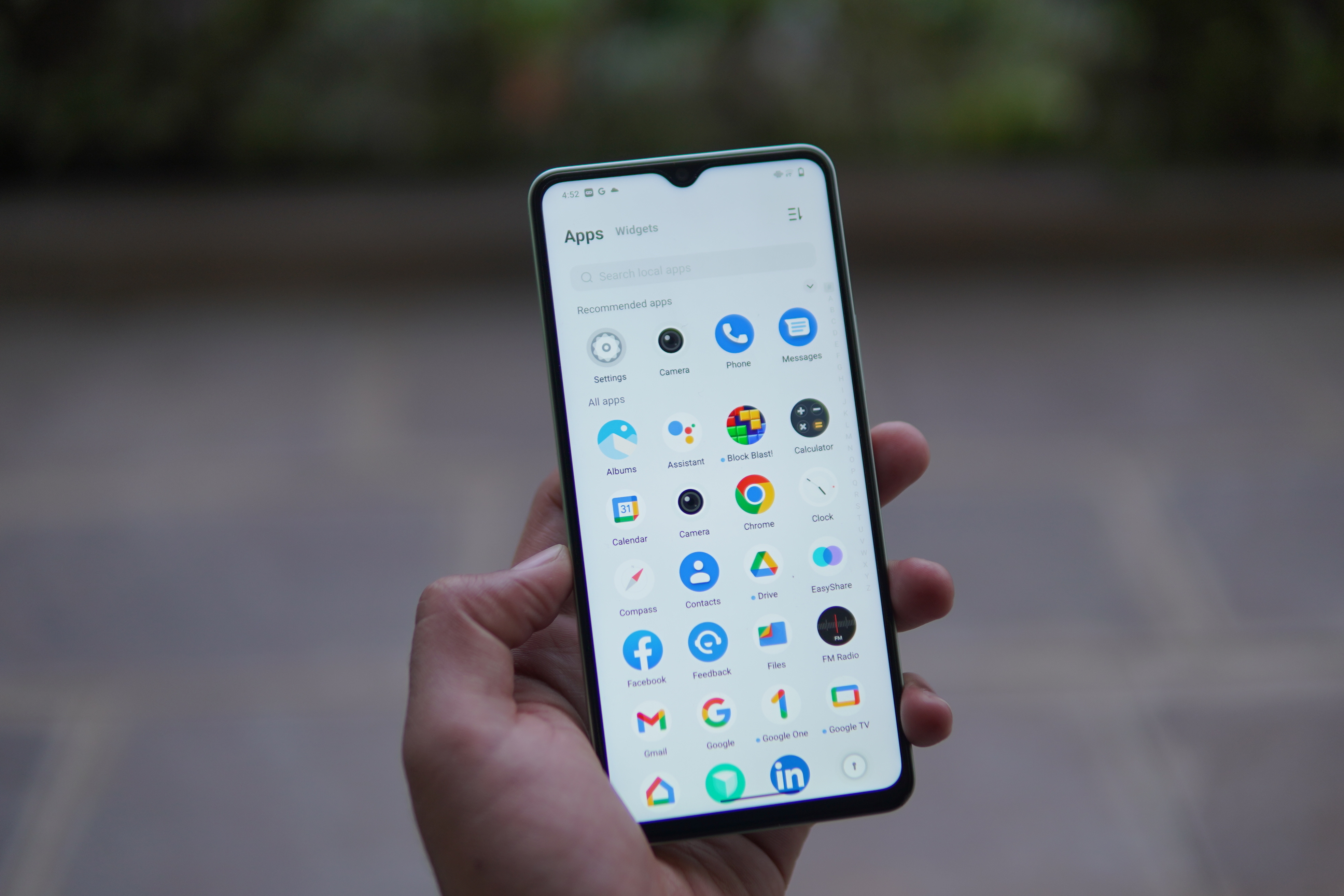
Out of the box, the vivo Y27s comes with a Funtouch OS based on Android 13. It comes with 50 pre-installed apps, with a few of them being third-party apps, which you can uninstall.
I didn’t face any functional issues with the software of the Y27s. However, as mentioned earlier, I did experience a lack of responsiveness, making interaction with the phone feel sluggish.
One small suggestion would be to fix the position of the Wi-Fi QR scanner. Currently, it’s at the bottom, and if there are enough available Wi-Fi networks, it moves to the bottom, forcing us to scroll to find it. It’s not a major issue, but since every other phone has it at the top, I thought it’s worth mentioning.
Moving on, Funtouch OS offers a plethora of customization options. You can change the home screen style and layout! The UI color you get with Android 13 is present.
There’s a feature called dynamic effect that allows you to customize light effects for notifications and animations such as when entering the home screen, using face recognition, charging, and inserting a USB.
However, vivo has not shared any promises regarding software support for the vivo Y27s.
What do you think of the vivo Y27s review? Let us know in the comments!
-
2025 Ather 450S Arrives in Nepal: Improved Range at Affordable Price!HIGHLIGHTS Ather 450S price in Nepal is Rs. 3.25 Lakhs. The 2025 Ather 450S is…
-
Samsung Galaxy A26 with IP67 Rating Launched in NepalHIGHLIGHTS The Samsung Galaxy A26 price in Nepal is Rs. 45,999 (8/256GB). The phone is…
-
2025 Ather 450X Launched in Nepal: New Features, Lower Price & 8-Yr Warranty!HIGHLIGHTS Ather 450X price in Nepal starts at Rs. 3.65 Lakhs. 450X comes in Low…













